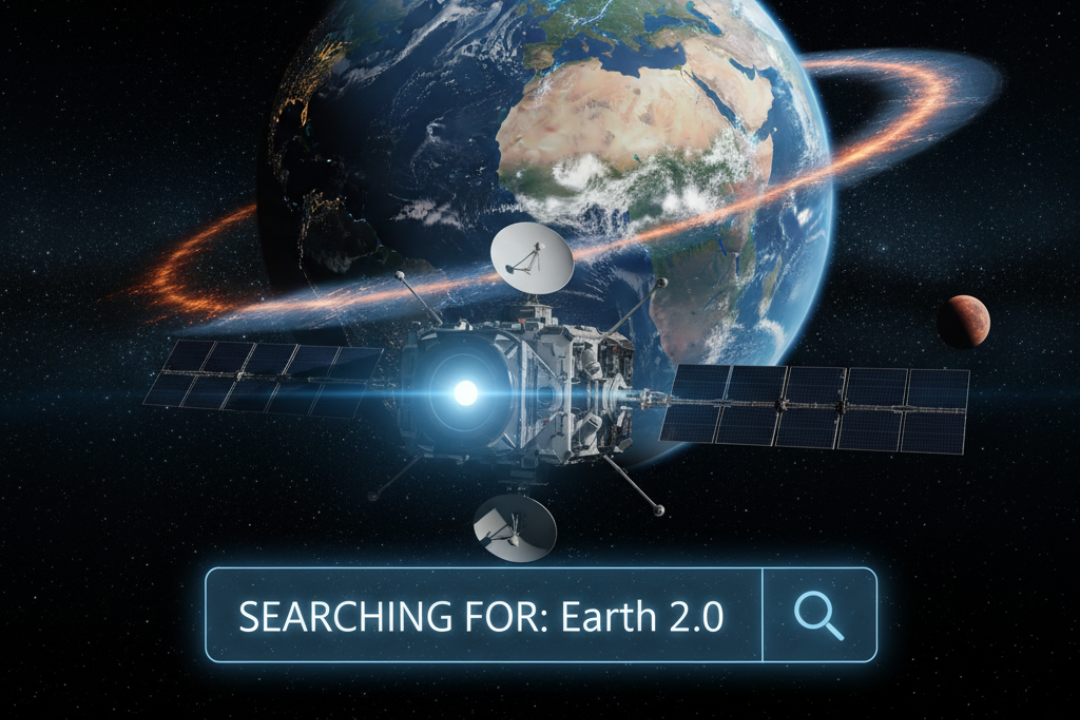When future generations look back at the development of China’s ambitious space program, 2020 will likely be remembered as the year China completed its own satellite navigation network, freeing it from dependence on the US-run Global Positioning System (GPS).
The Chinese system is called the Beidou Navigation Satellite System (Beidou means Big Dipper), and now includes 24 satellites. Project director Ran Chengqi said at a press conference in December that the Beidou system should be completed by the first half of 2020 with the launch of two more satellites.
The Beidou program is now in its third phase, the first of which dates back to 2000. Ran said while its current iteration should be complete by June, the system as a whole will likely not be fully operational until 2035. Nonetheless, the progress represents a tremendous achievement in China’s space program.
China joins a club of only three countries that have satellite navigation systems — the other two are the US with GPS, and Russia with its Global Navigation Satellite System (GLONASS). The breakthrough will relieve China of a political concern that the US could cut off China’s access in the face of developing geopolitical tensions.
It also gives China an immense leg up in developing future technologies dependent on navigation and 5G, such as self-driving cars. A project integrating Beidou navigation with 5G to guide autonomous vehicles is already underway in Wuhan.
Related:
 China Will Build a Solar Energy Farm in Space That Beams Electricity to EarthArticle Feb 22, 2019
China Will Build a Solar Energy Farm in Space That Beams Electricity to EarthArticle Feb 22, 2019
China’s satellite system comes after years of notable accomplishments in space. The country last year became the first to land a rover on the far side of the moon. Since its first manned space mission in 2003, China has launched several space station prototypes, and hopes to soon send a rover to Mars.



















